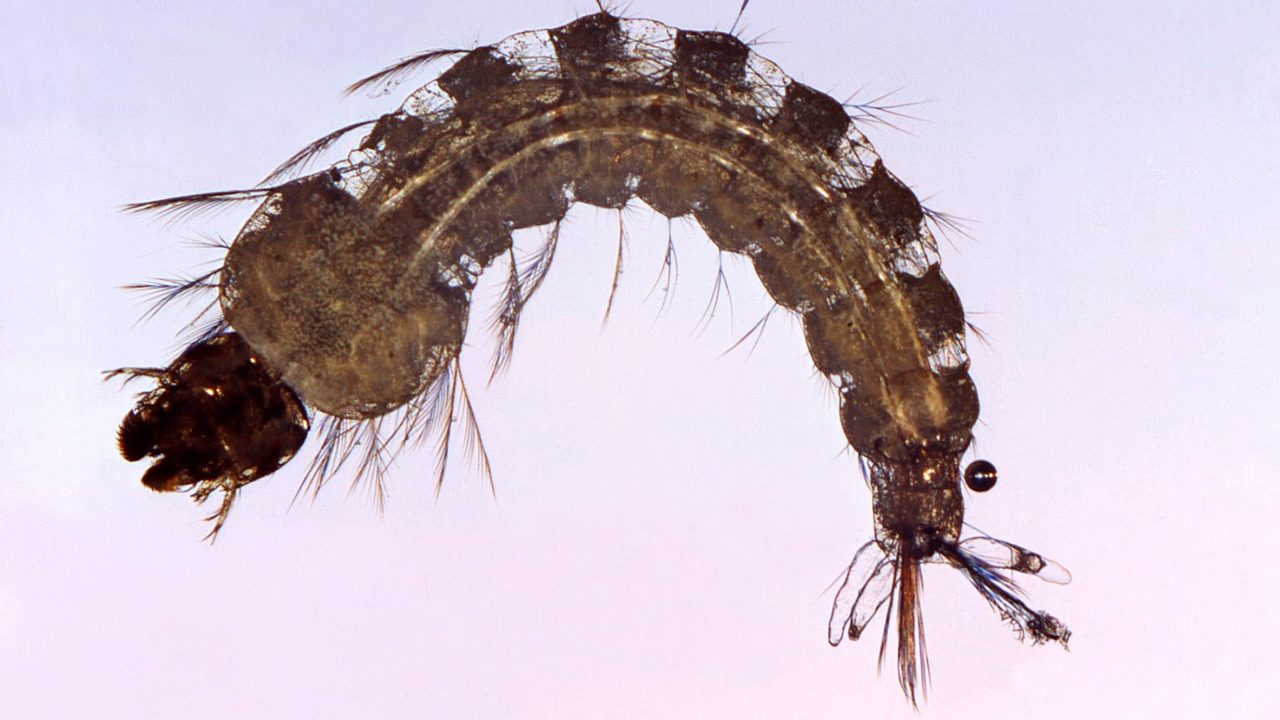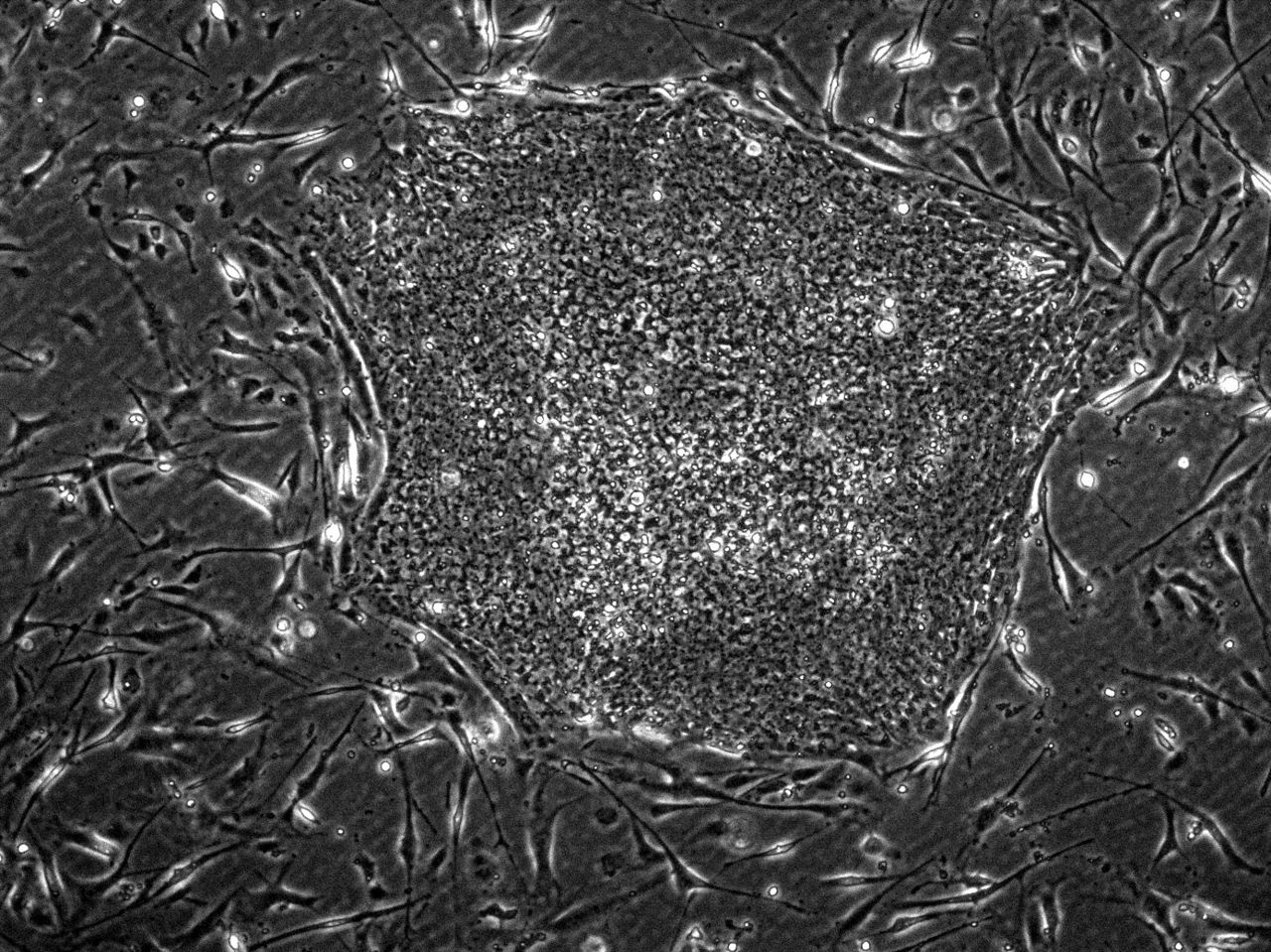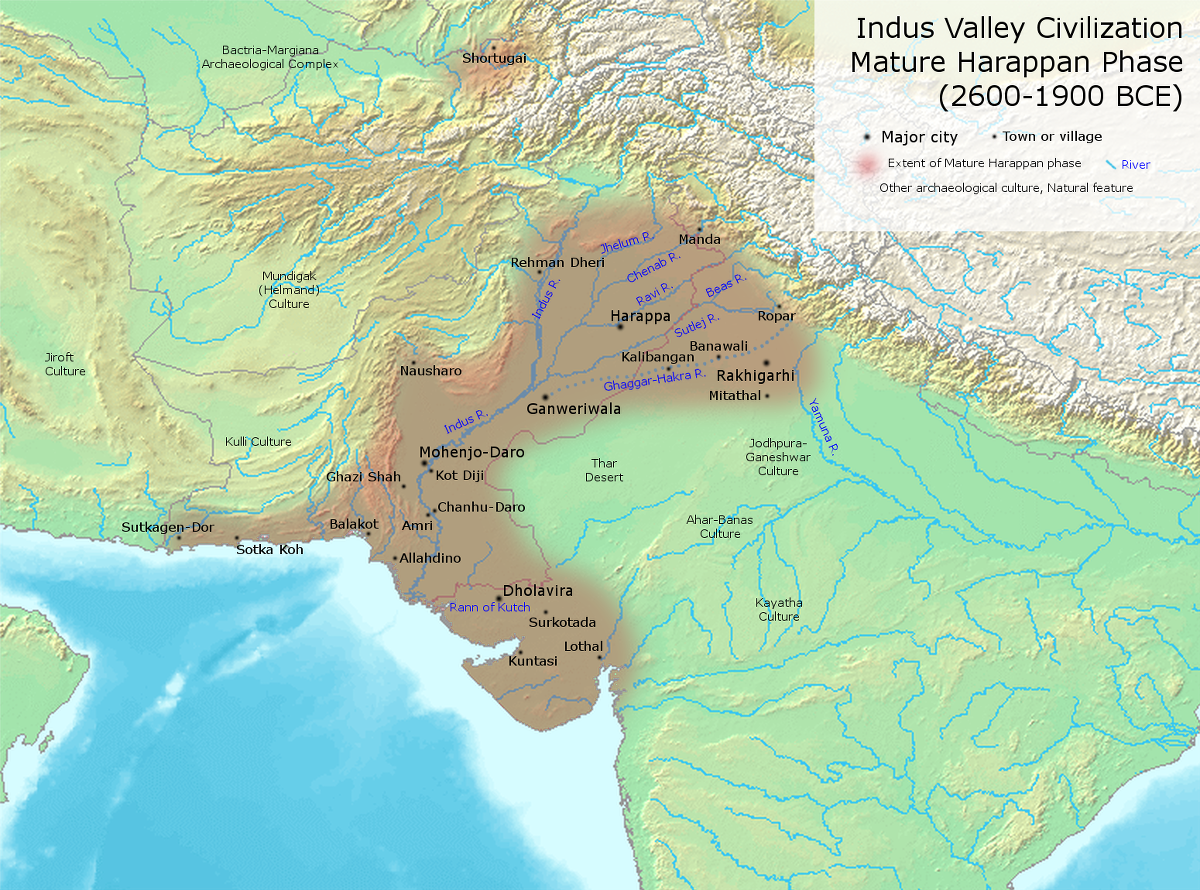
ICMR Scientists Identify New Biomarker for Malaria
- News
- 2.2K
Detection of malaria infection could become more accurate soon. A team of researchers from Indian Council of Medical Research’s Jabalpur-based National Institute of Research in Tribal Health (NIRTH) has identified a genetic biomarker in the body of malaria parasite that promises to help develop a more sensitive diagnostic test for the disease.
Currently, tests used for diagnosing malaria are based on a gene, Histidine-rich Protein 2(HRP2), which is rich in an amino acid called Histidine. However, studies have shown that this gene is often absent in some strains of the malaria parasite. Consequently, significant levels of malaria infection were going undetected. Scientists across the world have been searching for new biomarkers that would be more effective.
Scientists at the NIRTH have found that an enzyme called glutamate dehydrogenase could offer a solution. “Our study provides scientific evidence for the conserved nature of glutamate dehydrogenase sequences in Indian isolates which can be used as a potential biomarker for diagnosis of malaria,” said Dr. Praveen Kumar Bharti, leader of the research team.
There are several specific genes in every parasite that can be targeted to identify or kill it. However, these genes are not present in equal measure in all the strains of a parasite. While identifying the genes or proteins for diagnostic or therapeutic purposes, scientists choose a gene or protein that shows the least variation across different regions so that it can be used in as wide an area as possible. In scientific terms, such a gene is considered to be well conserved.
In the present study, the scientists looked at three genes: Glutamate dehydrogenase, lactate dehydrogenase and aldolase of Plasmodium falciparum, a variety of malarial parasite that is the deadliest.
For this, they collected 514 blood samples of malaria-infected patients from the eight malaria- endemic states in the country, isolated DNA from them and amplified the three genes. The genes were then sequenced and nucleotide composition of the samples was compared. Among the three genes, the nucleotide composition of glutamate dehydrogenase was almost the same across the samples.
Analysis of the protein structure of this gene revealed that it folded into similar protein structure across the samples, confirming that it could be a potential biomarker for malaria.
“We are planning to correlate the level of parasites with that of expression of glutamate dehydrogenase gene and their antigen levels in peripheral blood samples of malaria patients. We will then validate the sensitivity and specificity of the test,” explained Dr. Bharti while talking to India Science Wire.
The research team included Amreen Ahmad, Anil Kumar Verma, Sri Krishna, Neeru Singh (National Institute of Research in Tribal Health) and Anjana Sharma (Rani Durgavati University, Jabalpur). The research findings have been published in the journal PLoS One.
If you liked this article, then please subscribe to our YouTube Channel for the latest Science & Tech news. You can also find us on Twitter & Facebook.


